Sustainability, creativity, and innovation:
keys to closing the digital divide

The COVID-19 crisis has dramatically increased the poverty rate and widened the gap between men and women living in extreme poverty, according to the report published in October 2020 by UN Women and the United Nations Development Programme (UNDP). This report explains that the pandemic will push 96 million people into extreme poverty by 2021. It also highlights that the pandemic poses a serious threat to the prospects of eradicating extreme poverty by the end of this decade.
It is evident, how the COVID-19 pandemic has pressured companies around the world to rethink their objectives and the manner they do business, as it was noted in the Global Risks Report presented by the World Economic Forum. Some of the main adversities detected by the report are the increase on inequality and social fragmentation, the continued degradation of the planet, or stagnation of the economy in the long term. The digital divide and climate change are two highlighting aspects that generate general alarm.
There is no doubt about the importance of the digitization of our lives is, its relevance as one of the priorities of the 2021 agenda since the beginning of the pandemic crisis. However, as the report published by the World Economic Forum shows, digital inequality is a reality and therefore one of the most important risks by 2021.
The great challenge will be to close the digital divide, reduce inequalities and continue to make progress in the fight against climate change from waste management, water quality, emissions, management and other environmental aspects. How to do it? Where to start?
Activate creativity and innovative thinking
The concepts of creativity and innovation are so broad and subjective that they are open to interpretation from the artistic expression to problem solving in the context of economic, social, and sustainable development. For this reason, the United Nations designated April 21st as the World Creativity and Innovation Day to promote multidisciplinary creative thinking that can help us achieve the sustainable future we want.
According to UNESCO’s report on culture and sustainable development, the promotion and development of cultural and creative industries are indispensable strategies for sustainable economic growth. Innovation, creativity, and entrepreneurship can provide a new impetus for economic growth and job creation, more opportunities for all; including young people and women.
Similarly, at the recent Annual Meeting of the IDB Board of Governors (Inter-American Development Bank), held in Barranquilla-Colombia, at which the regional governors of these institutions meet in discussion forums, who are generally Finance Ministers or Presidents of Central Banks of each country and representatives of multilateral financial institutions and global private banks, reached to relevant conclusions and reflections in relation to this topic.
In general, the forums of this meetings focused on the issue of innovation inclusion, supporting SMEs (small and medium size enterprises), with policies and frameworks that promote productive financing and financial inclusion. The IDB also pledged to incorporate the gender perspective into its initiatives and ensure access and financial opportunities to marginalized groups. The overwhelming socio-economic crisis requires a great deal of effort to achieve a recovery and lay the foundations for long-term sustainable and inclusive growth.
From the diverse perspectives consulted, both public and private, there is an imminent need to take concrete action, inclusive financing, promote creativity and innovation to solve problems impacting sustainable human development, climate change, improving connectivity and the deployment of cross-cutting digital tools.
The IDB’s 2025 vision is to contribute and take a key role in: providing a strong response to the Covid-19 crisis that includes more equitable access to vaccines, achieving economic growth rates of at least 3% per year; achieving higher levels of formal employment, improving the integration of international markets, strengthening business and innovation ecosystems, building resilience to climate change, and increasing women’s access to financial markets.
In short, creativity, innovation, and sustainability, to avoid collective shipwreck during the storm, closing digital gaps, reducing inequalities and assuming shared responsibility for planetary balance. A challenge and a commitment that we must all assume with responsibility and urgency, from our roles and spaces of influence.
Are we ready to make the commitment?
I listen to you, I embrace you, I accompany you
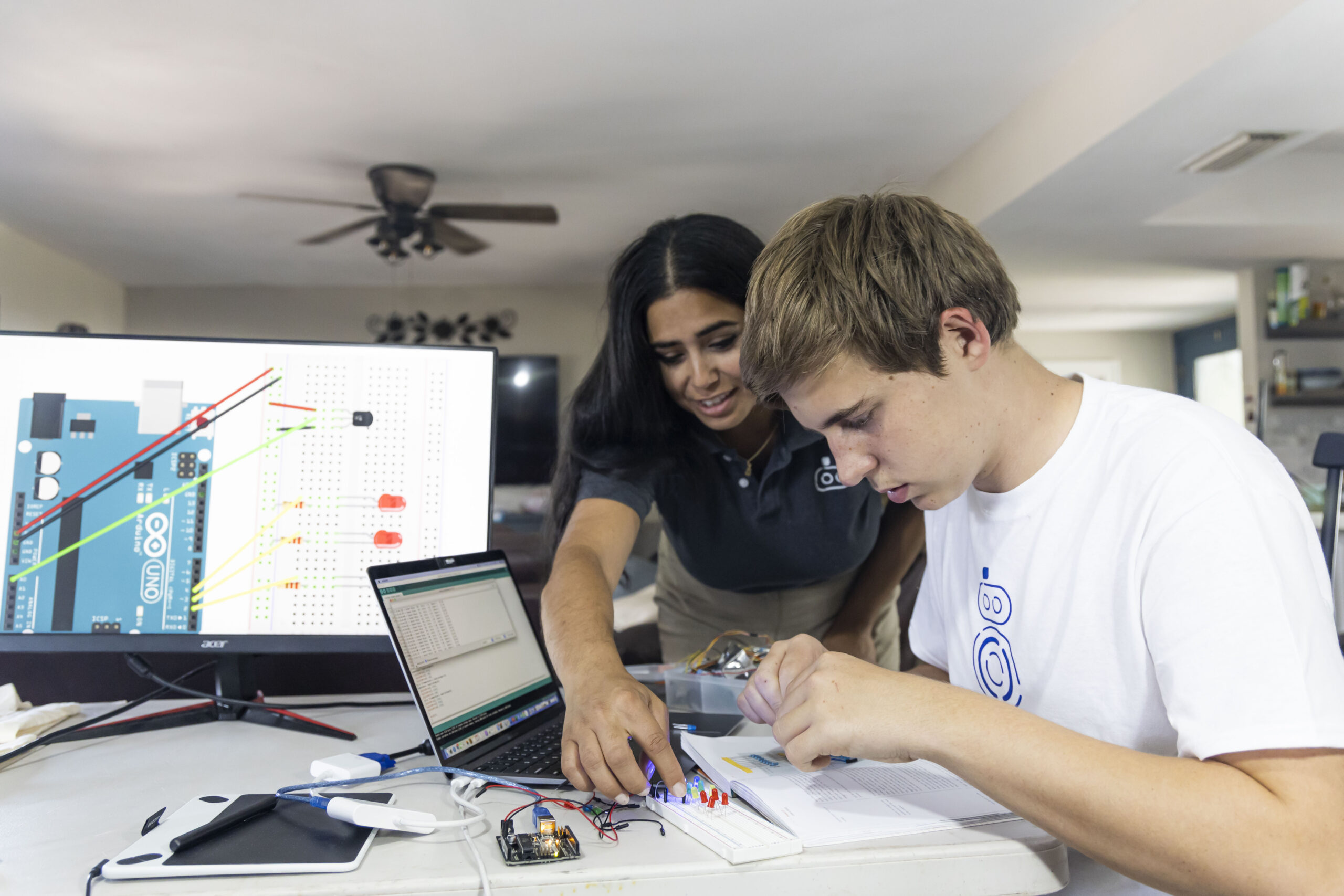



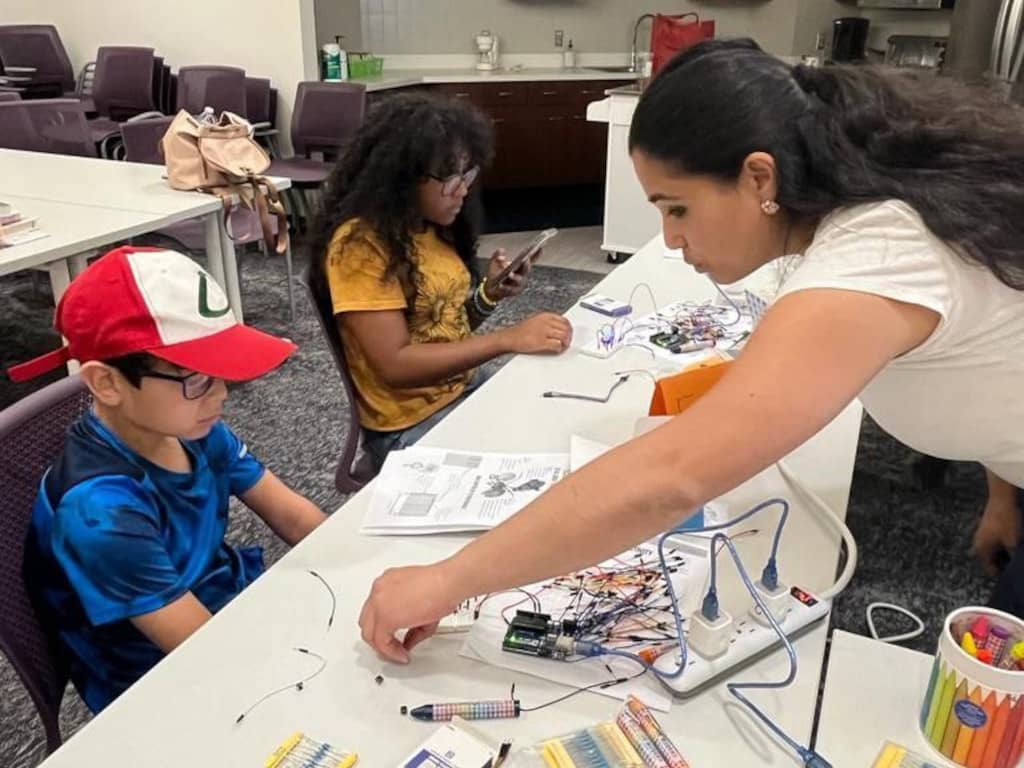

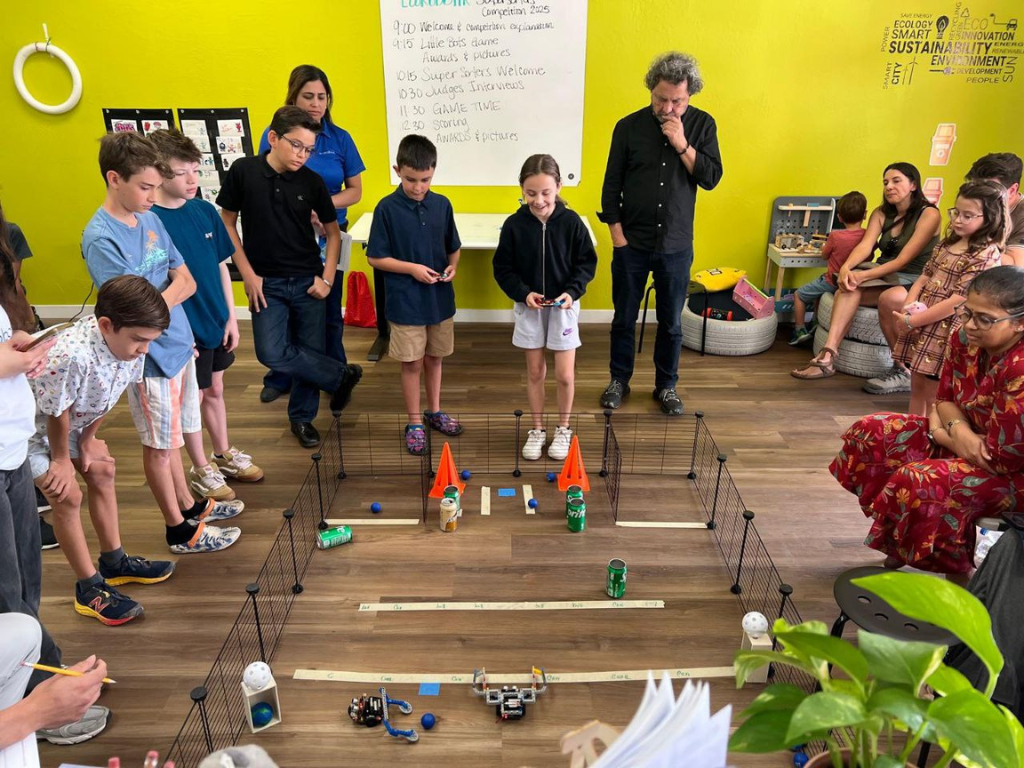
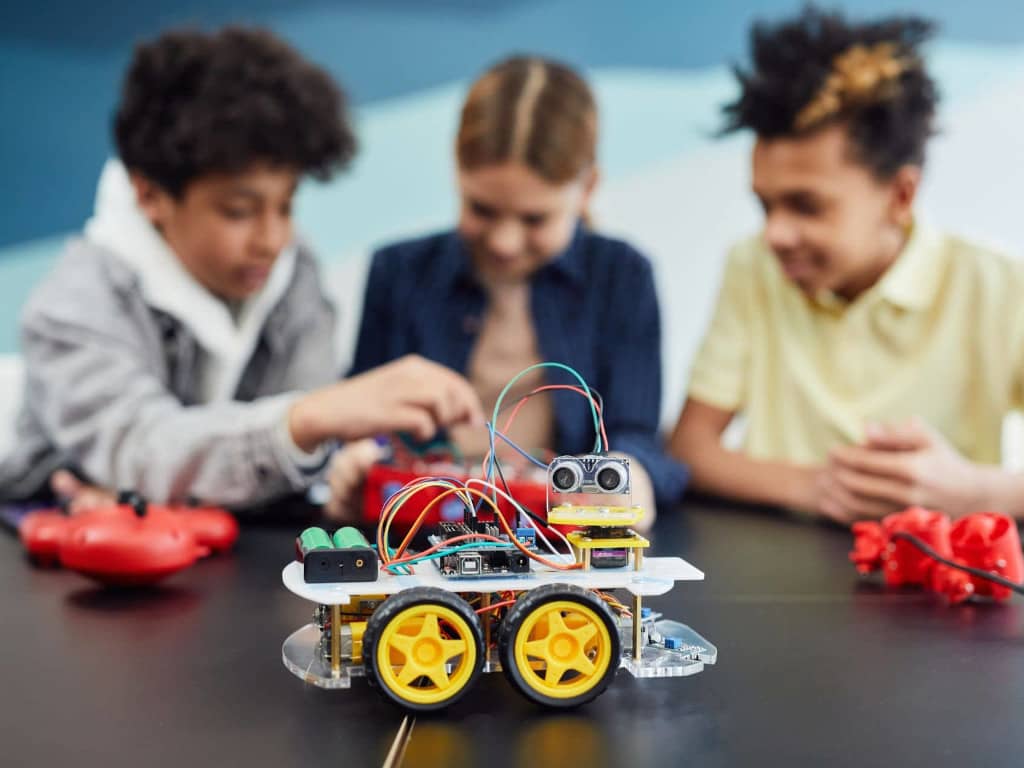



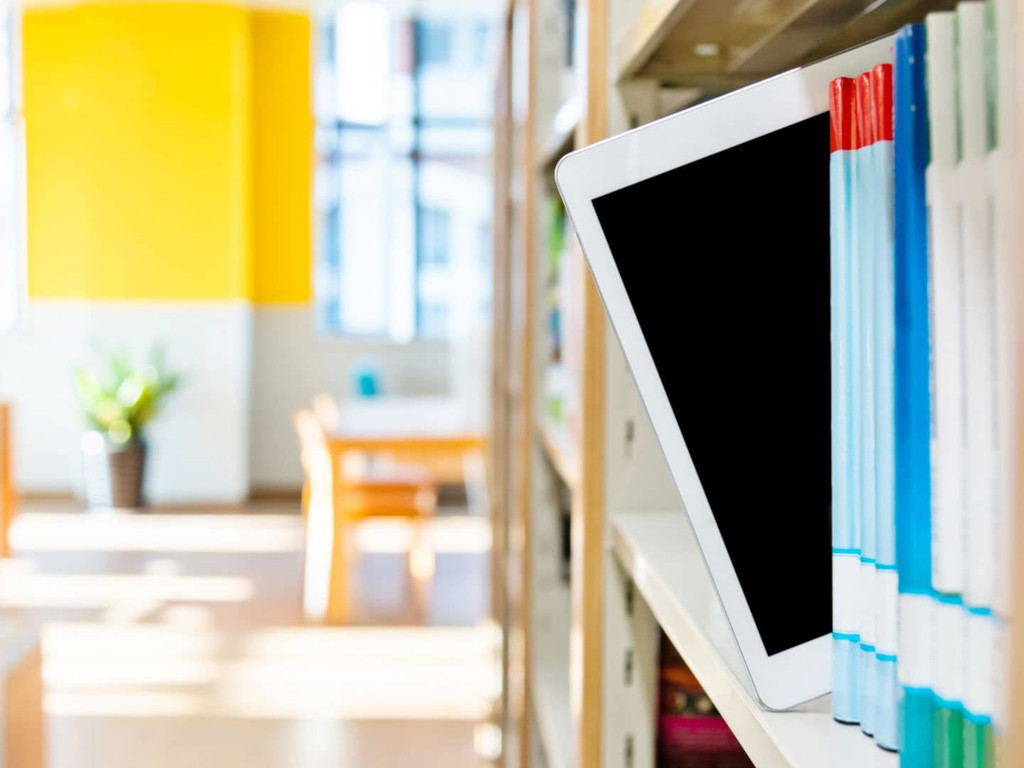
Thanks for sharing. I read many of your blog posts, cool, your blog is very good.